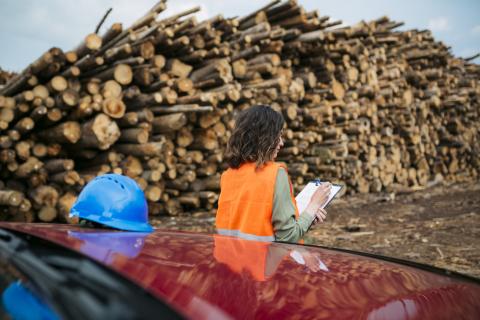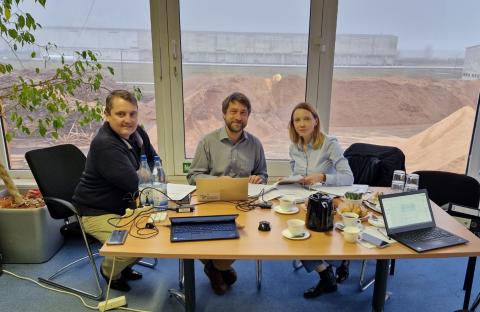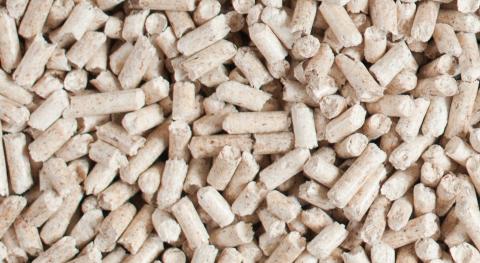Australian illegal logging law - soft start now over!
The Australian Illegal Logging Prohibition Act is akin to the EU Timber Regulation and the US Lacey Act. It came into force in 2012 and was reviewed in 2017. The end to the “soft start” took effect 1 January 2018, meaning that importers of regulated timber products into Australia, and processors of domestically grown raw logs, now face penalties for failing to comply with the Act.
The Australian Illegal Logging Prohibition Act (AIPLA) seeks to reduce the harmful environmental, social and economic impacts of illegal logging by restricting the import and sale of illegally logged timber products in Australia. The Act:
- Makes it a criminal offence to knowingly, recklessly or intentionally import illegally logged timber and timber products into Australia, or to process domestically grown raw logs that have been illegally logged.
- Requires companies to assess and mitigate the risks of importing or processing illegal timber. These due diligence requirements came into effect in November 2014.
The aim is that only timber products with little or no risk of having been illegally logged are imported or processed, helping to ensure that Australia’s sustainably managed forest industries are not undercut by cheap, illegally logged timber products.
The Australian government wanted to make sure that the Act struck an appropriate balance between keeping the costs of compliance low for small businesses while also reducing the risk of illegally logged timber entering the Australian market. KMPG conducted an independent review and the government conducted a public consultation on the impact of six proposed reforms. NEPCon submitted comments to the consultation.
The main change is that the ‘soft start’ is ending!
Previously, no penalties were given out for failing to comply with the Act’s due diligence requirements. However, from 1 January 2018, you may face penalties if you do not sufficiently assess and mitigate your risks of importing or processing illegal timber. NEPCon supported this change.
In late 2017, the Government introduced the Illegal Logging Prohibition Amendment (Due Diligence Improvements) Regulations 2017 to make the following changes to the law:
- Make FSC and PEFC-certified material "deemed to comply". This would mean that you no longer have to assess and mitigate the risks that any FSC or PEFC-certified material you import or process is illegal. The government estimates that this change will save Australian companies A$4.2 million each year.
If you are buying FSC or PEFC-certified material, all you need do to comply with the Act is check that the material is genuinely certified. This is important as Australian government enforcement officers say that they come across businesses that deal with FSC or PEFC certified suppliers, but are not being provided with certified products. You need to check that both your supplier and your product are certified.
- Personal and non-commercial importers and processors do not have to provide business-related information as part of their due diligence system. This was previously unclear.
On 8 February 2017, these amendments were "dissallowed" by the Australian Senate, and as such have not passed into law in Australia.
There were some proposed changes to the Act that have not been rolled out. These include:
- The consignment value threshold has not been increased.
- Guidelines written by the Australian government will not specify that specific countries or states are deemed to comply with the Act.
- Countries with a low risk of timber illegality are not deemed to comply with the Act.
More information on the Australian Illegal Logging Prevention Act is available at http://www.agriculture.gov.au/forestry/policies/illegal-logging.



